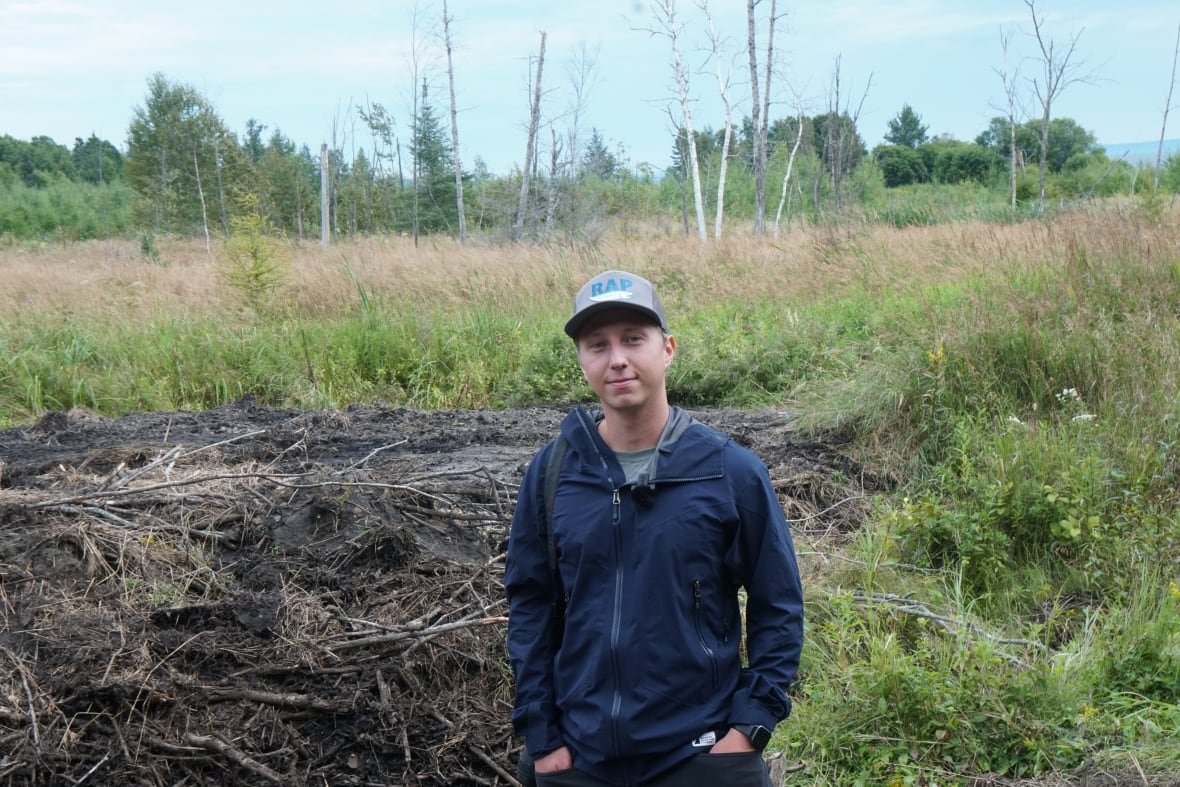According to Tim Hollinger, a researcher overseeing the North Shore of Lake Superior Remedial Action Plans, the fact that fish caught in Thunder Bay, Ontario’s harbor are safe to eat marks a significant achievement in the ongoing efforts to improve the water quality of the region.
Despite this positive development, Hollinger expresses concerns about potential changes, particularly regarding the future funding of Great Lakes research by the United States.
The North Shore of Lake Superior RAP, based at Lakehead University since 2008, is actively working to remove the federal designation of four environmental areas of concern (AOC) in the region.
Hollinger anticipates that Thunder Bay may be delisted as an AOC within the next five years, citing the safe consumption of certain fish caught in the harbor and the team’s efforts in restoring coastal wetland habitats.
In a recent development, his team received a grant of $346,250 from the provincial government to support their remediation projects, alongside other recipients such as Bare Point Developments Inc. and the City of Thunder Bay.
Working in collaboration with Bare Point Developments, the Lakehead-based team is focusing on restoring coastal wetland habitats at the former Superior Fine Papers site in Thunder Bay. Additionally, they are improving drainage and enhancing nearshore wildlife habitat near the city’s Pool 6 cruise ship terminal in partnership with the City of Thunder Bay.
Thunder Bay was designated an AOC by the federal government in 1987 under the Canada-U.S. Great Lakes Water Quality Agreement due to industrial contamination and alterations to the city’s watercourse. This bilateral agreement, initially signed in 1972, mandates both countries to coordinate and cooperate on initiatives aimed at preserving and rehabilitating the ecological health of the Great Lakes.
Other areas of concern along the north shore include Nipigon Bay, Jackfish Bay, and Peninsula Harbour.
Hollinger acknowledges that having an AOC designation can be viewed unfavorably for a harbor or community, emphasizing that delisting is a cause for celebration among the residents.
However, Hollinger expresses worries about the potential impact of the U.S. government’s proposed 54% cut in Environmental Protection Agency (EPA) funding for 2026, which could diminish research efforts and lead to increased industrial activities along the Great Lakes shorelines.
Highlighting the challenges faced by Great Lakes researchers in the U.S., the EPA’s decision to close its Office of Research and Development (ORD) and lay off numerous employees has sparked dissent among the scientific community.

Furthermore, concerns have been raised about the potential impact of regulatory rollbacks on the ecological health of Lake Superior, particularly in relation to increased pollution from the mining industry.
Notably, the NorthMet Project, situated along the St. Louis River watershed, has garnered attention as one of the projects fast-tracked by the U.S. government, despite previous objections from the EPA regarding its environmental impact.
Hollinger also expresses concerns about the rollback of environmental regulations potentially leading to elevated mercury levels in northwestern Ontario fish populations, which could reverse the progress made in reducing contamination levels.
Chris Surita highlights the financial implications of mercury contamination reduction efforts for First Nations communities along the north shore of Lake Superior, emphasizing the importance of continued environmental protections.
The second we start burning more coal and it gets kicked back into the atmosphere and into the lakes, it just reverses all the good progress we’ve made.
<a href="https://www.cbc.ca/news/canada/thunder-bay/lake-super

